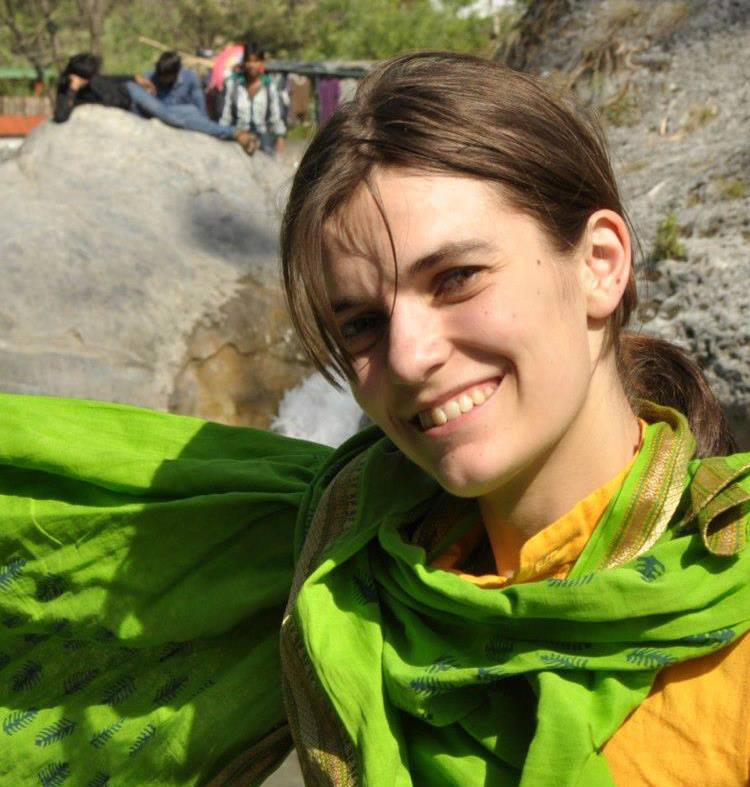A new bill on equality was passed in the Icelandic Parliament, Althing, last week. It may have escaped many people’s attention but it’s actually an historical bill for Icelandic law, Althing and last but not least, Iceland’s queer community.

The new law ensures equal employment rights for everybody – regardless of “race, ethnicity, religion, life stance, disability, age, sexual orientation, gender identity, sex characteristics and gender expression.”
In a country renowned for its equality, shouldn´t this be old news? “Well, the Icelandic Equality Laws, or what we call equality laws, only apply to equality between men and women, full stop. And the only mandate of Jafnréttisstofa (e. The Centre for Gender Equality), which is a government body, has up till now been to make sure that laws about equality between men and women are being enforced,” says María Helga Guðmundsdóttir, chairman of Samtökin ’78, the national queer organization. “But now that will change, the Centre’s responsibilities have been multiplied by four, so to speak, because now their work also includes enforcing the laws in regard to disability, race and ethnicity as well as queerness.”
“… we are aware of incidents where queer people have clearly been discriminated against but, for personal reasons, didn’t want to take action.”
How important is it to have such law in place? “Very. It completely changes how you can e.g. carry out an investigation or a law suit when you think your rights have been violated. Now, there’s simply a clause in Icelandic laws that clearly states that it’s illegal to discriminate against people in matters of employment because of these factors. We have a well-oiled protocol to deal with such discrimination because we already have the good law of equal rights between men and women, which have been tested over and over again, but now more grounds for discrimination will be included.”
So, up until now, queer people might have been discriminated against in the labour market without consequences. Do you know whether that’s occurred? “Yes, I know of such incidents. I can’t point to recent examples of that, where people have gone public or sued anyone because of it but we are aware of incidents where queer people have clearly been discriminated against but, for personal reasons, didn’t want to take action.”
Because they didn’t have the law to support their case, obviously. “Well, our constitution sets the tone, Article 65 reads “Everyone shall be equal before the law and enjoy human rights irrespective of sex, religion, opinion, national origin, race, colour, property, birth or other status.” So, there’s been scope there to pursue your rights but the wording is quite open. Not everybody would see it as “human rights” to have equal rights in the labour market, and “other status” is an elastic term. The less specific the game rules are, the harder it is to defend your rights and pursue justice. So, it’s still a game changer to have an actual law, not to mention a government body such as Jafnréttisstofa, to back you up.”

Which queer groups do you think will benefit the most from this change in the law? “Right now, I think it’s trans people. They’re the most vulnerable in the labour market right now. There’s been rapid increase in trans people coming out in recent years, being open about their gender identity but at the same time, awareness in society hasn’t increased at the same rate. Awareness of trans people has increased in the last few years but hasn’t reached the same level as awareness of homosexuality, bisexuality and pansexuality. So, I think this law will secure trans people’s rights the most.”
This year marks the 40th anniversary of Samtökin ’78, clue’s in the name. Has equality in employment been one of their issues for long? “Yes, it was one of the main goals from the start to press for “a law that would ensure equal rights for homosexuals, as is already in place in some countries, for example regarding rights to employment” – to quote an article published in Stúdentablaðið [e. The Students’ Union Newsletter] in March 1979. And indeed, the first march that Samtökin participated in was on May Day 1982 when two men, the chairman of Samtökin and his spouse, marched with a banner that read: Job Security for Gays and Lesbians! It’s taken 40 years so it’s incredibly satisfying. But I’ve noticed that most people’s reactions to the news has been surprise that this law wasn’t in place already, followed by embarrassment. So, good news that this fight is over but it was long overdue anyway.”
“For instance, you might hear people express a certain kind of homohobia by saying „Oh, I’m fine with gay guys, I just can’t stand it when guys act camp and girly.“
This bill was first presented a year and a half ago but Samtökin ’78 made several comments on it, were your demands for alterations met? “The bill was based on an EU Directive that’s nearly twenty years old, so it reflected that a bit. For instance, there was no mentioning of sex characteristics so intersex people wouldn’t have been especially protected by this law. There was also no mentioning of gender expression, which is actually what people are commonly discriminated for, rather than their orientation.”
How so? “For instance, you might hear people express a certain kind of homohobia by saying „Oh, I’m fine with gay guys, I just can’t stand it when guys act camp and girly.“ In that case, the prejudice specifically targets a certain kind of gendered demeanour and expression, irrespective of the actual sexual orientation of the person. Therefore, we commented on the wording of the bill so these definitions were included, which makes Iceland one of the first countries to specifically include intersex people in this law. This is in fact the first time that sex characteristics are acknowledged in the Icelandic legislation so that‘s something that the Parliament, and all of us, can be proud of too. We are very happy to see all these groups protected by this law, that we managed to get all these definitions in there from the start.“
But not all your comments were taken into account. “No. In a joint statement with several other human rights organizations, we pointed out that there was no budget change to accompany this new law, that there were no plans of an extra funding to Jafnréttisstofa to meet their new responsibilities, so they won´t be able to hire more staff or experts in how to handle these cases. We also criticised that the bill didn’t include actions against multiple discrimination. We and others are gravely concerned that no funding came with this well-intentioned law.”
Will Iceland score higher on the so-called Rainbow Map after passing this law? “Yes, definitely! This is the first time we score points for quite some time so our percentage will surely go up a bit. But then we’ll just have to see whether other countries are climbing up the chart too. The goal is of course that all countries reach the top with one hundred percent score, so we just have to continue the climb and hope others do the same.”
Are you or the organisation going to celebrate this milestone? “Well, we’re very busy preparing our 40th Anniversary Party tonight, on Saturday, on the 23rd of June. But I’m sure we’ll toast to this new law, as well as other achievements over the years. This law is a nice anniversary present, no doubt, for which we are very grateful. But there are other goals to reach, so we’ll just keep on marching. I just hope that as many people as possible will attend our party tonight and celebrate with us!”


